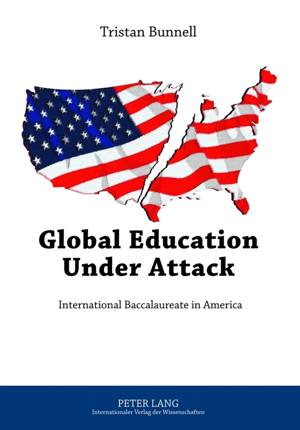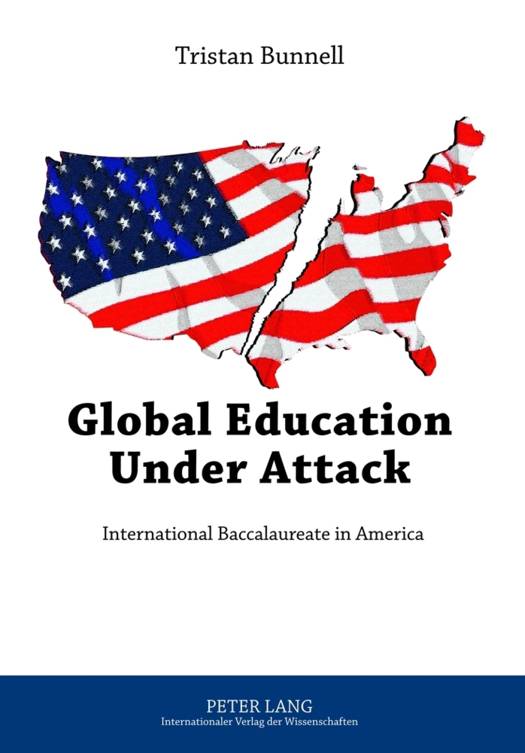
- Afhalen na 1 uur in een winkel met voorraad
- Gratis thuislevering in België vanaf € 30
- Ruim aanbod met 7 miljoen producten
- Afhalen na 1 uur in een winkel met voorraad
- Gratis thuislevering in België vanaf € 30
- Ruim aanbod met 7 miljoen producten
Zoeken
Global Education Under Attack
International Baccalaureate in America
Tristan Bunnell
Paperback | Engels
€ 42,95
+ 85 punten
Omschrijving
The three main programmes of the Geneva-registered International Baccalaureate (IB) have grown enormously since the 1990s and have seemingly found their 'home' in the United States. However, the IB has provoked opposition, initially from concerned parents, and lately by conservative agencies. This book charts the growth of the IB in America and offers a set of frameworks for conceptualizing the history and nature of this attack. It explores the distinctly paleo-conservative philosophy behind this attack, and reveals the influence of the American historian Russell Kirk, alongside Edmund Burke. The book examines the notion that the IB is un-American, and concludes that for some people in America global education is fundamentally unnatural and must be resisted.
Specificaties
Betrokkenen
- Auteur(s):
- Uitgeverij:
Inhoud
- Aantal bladzijden:
- 157
- Taal:
- Engels
Eigenschappen
- Productcode (EAN):
- 9783631633946
- Verschijningsdatum:
- 23/07/2012
- Uitvoering:
- Paperback
- Formaat:
- Trade paperback (VS)
- Afmetingen:
- 148 mm x 210 mm
- Gewicht:
- 219 g

Alleen bij Standaard Boekhandel
+ 85 punten op je klantenkaart van Standaard Boekhandel
Beoordelingen
We publiceren alleen reviews die voldoen aan de voorwaarden voor reviews. Bekijk onze voorwaarden voor reviews.











